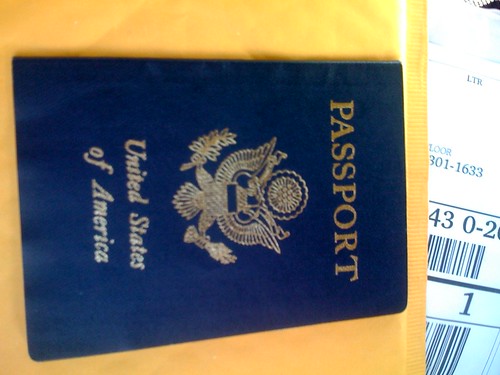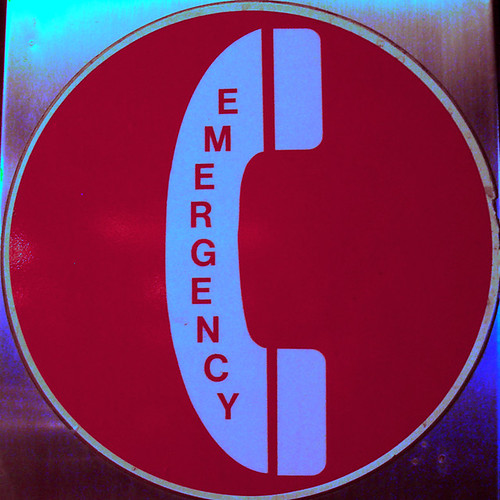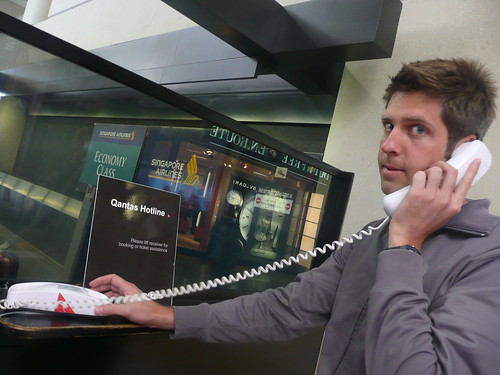Emergencies occur every day to good people. It’s difficult enough to handle an emergency at home; but are you prepared to handle one when you are traveling? If you aren’t, you aren’t alone. Many travelers are so excited about their vacation plans that an emergency is the last thing they think about, if they think about it at all. Here’s how you can prepare yourself, and your traveling companions, for an emergency while on holiday:
1. Who Do I Call?
With the advent of smart phones, it’s easier than ever to keep phone numbers, and other information, at your fingertips. The numbers for emergency service departments are public information. Look online for the numbers of departments both along your route and at your destination. Add these numbers to your smart phone and label them so that they are easy to find.
2. Where Am I?
If you are traveling across the open road in your car, always know where you are. Most police departments don’t have the capability of locating your cell phone when you call in to report an emergency. Always be aware of the road or highway you are on and pay attention to any landmarks or mile markers along the way.
3. What If I Miss My Flight?
If you miss your flight, head to the ticket counter and talk to the ticketing agent. Explain what happened that caused you to miss your flight. “I overslept” probably won’t get you a free ride on the next plane, but “there was an accident on the highway” will. In the worst case scenario, you’ll end up having to pay a ticket-changing fee of about $150 and cover the cost of the difference between the two tickets, if there was any.
If the airline cancels your flight it is their responsibility to get you to your destination, so don’t panic. Rather than waiting at the airport’s counter, call the carrier’s 800 number; you’ll get better service. You can expect to be placed on the next flight, placed on a competitor’s flight or be reimbursed for your inconvenience. Every airline has a different policy so be sure to know what these are ahead of time.
4. What If I Lose My Passport?
Losing their passport is an often unrealized nightmare of many overseas travelers. You should always travel with your passport and a photocopy of it. Pack them in separate bags so if you lose your passport, you still have your copy. Should you lose your passport, head to the nearest U.S. embassy or consulate. Either of these government agencies will help you get a new passport quickly, but not necessarily for free.
5. What If I Get Sick?
It always makes good sense to pack a first-aid kit to carry with you when you travel. Unfortunately, even the best first-aid kit won’t help you if you become seriously ill. Phone your insurance agent and find out if your coverage extends to overseas travel. If it doesn’t, consider taking out traveler’s insurance. If something happens and you become critically ill, have a member of your traveling party contact the U.S. embassy who can arrange to send you home, for a fee.
6. What If I Get Arrested?
People, who get arrested overseas, often do so because they aren’t aware of the local laws and customs. Before you leave for your trip, research the laws of the land accordingly. Should you find yourself in trouble with the law, be respectful and courteous. Ask for the U.S. embassy to be contacted and request a meeting with a consular officer. While this isn’t a movie and they can’t spring you immediately, they can put you in contact with local attorneys and let your family at home know what has happened.
Many people travel every day with nothing untoward occurring. To prevent as many hassles as you can, always carry photocopies of your identification, write down contact numbers for emergency personnel, your insurers and financial institutions and be sure to leave an itinerary with a few people at home. You can’t predict an emergency, but you can prepare for one.
About the author
Megan Hoffsted is a freelance travel writer and health blogger. She often writes for allergycontrol.com where you can find an assortment of products to help fight allergies like an allergy air purifier. She also frequently writes for allergyguarddirect.com where you can get dust mite bedding.



 By
By 






